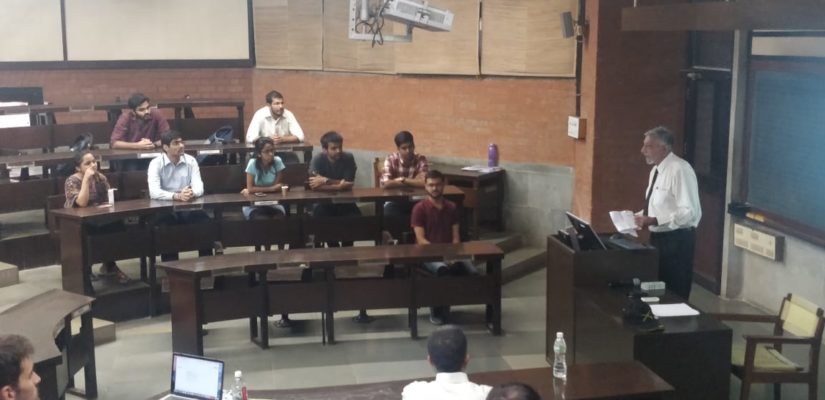
Sri Lanka blasts sends a strong message (English Version) Rakshak News 01 May 19
http://www.rakshaknews.com/vishesh/sri-lankan-bomb-blasts-gives-strong-message-to-india
Sri Lanka blasts sends a strong message (English Version) Rakshak News 01 May 19
The recent blasts in Sri Lanka which claimed over 250 lives sends a strong message to India. The ISIS circular which claimed that those who launched the strike were their people was released in Tamil and Malayalam. Tamil could be acceptable as it is spoken in Sri Lanka, but Malayalam conveys a different meaning. Intelligence inputs for the attack were provided by both India and the US to Sri Lanka, which were ignored. It is also believed that some of the suicide attackers were influenced by the words of Zakir Naik, the fugitive Indian Muslim preacher, who has been given asylum in Malaysia and preaches hate amongst religions.
Sri Lanka and Maldives are two nations in India’s immediate neighbourhood, whose nationals had fought alongside the ISIS in Syria and Iraq, with more being from the Maldives. Their return into society has added a new dimension of risk. Investigations post the recent blast have indicated the involvement of at least two individuals who had returned from Iraq and Syria.
The Sri Lankan government has blamed the National Thowheed Jama’ath (NTJ) as the group behind the attack. The NTJ is an ideological offshoot of the Saudi funded Tamil Nadu Thowheed Jama’ath (TNTJ), existing in India. The TNTJ established the Sri Lanka Thowheed Jama’ath from which NTJ emerged. The NTJ is known to have ties with the Laskhar-e-Taiba, through which it sought ties to the TNTJ.
The leader of the NTJ is Zaharan Hashim, a radical preacher. He was one of the suicide bombers and most of his family died by blowing themselves when they were surrounded by security personnel. The procurement and assembling of the explosives could not have been done by members of the group alone as investigation so far reveals that they lacked expertise. Hence, a professional would have been involved, details of whom remain unknown.
The Pakistan angle is also under investigation. For Pakistan’s ISI an entry into Sri Lanka opens multiple doors into the region. The ISI office within the Pak high commission in Columbo is tasked to monitor its networks in South India. It is also used to enhance radicalization within the Muslim community in East Sri Lanka to influence their Indian contacts. There is also a theory that drug money from Pak was used to fund the NTJ.
The Christians and Muslims in Sri Lanka have always lived in harmony, whereas extremist Buddhist groups have over the years targeted both communities. The fact that the NTJ, which should have logically targeted Buddhists, if they were seeking revenge for attacks on them, attacked Christians and western tourists, indicates directions for the attack would have flowed from beyond Sri Lankan shores. The NTJ, known for desecrating Buddhist monuments, shifting direction and launching suicide attacks, is another indicator of outside influence and direction.
These attacks have taken place close to Indian shores as also involved communities which have close family ties in South India. Further, most major military production and research facilities are based in South India including ISRO and HAL. These have always remained lucrative targets. These would be vulnerable if such attacks begin occurring in the region. The initial intelligence inputs for the blast were obtained by Indian agencies on investigating a case in Coimbatore.
Post the attack and the release of the ISIS video, investigations in Kerala, Tamil Nadu and Karnataka have increased. It is possible that there would be Pak supported sleeper cells which could be activated subsequently. While direct Indian involvement in the Sri Lanka attack does not appear likely, however there are elements within the country which could be influenced and may have been a conduit.
The fact that a group, which avoided being on the security radar, shifts focus on the nature of targets and conducts such a dastardly act implies that intelligence agencies must place greater reliance on human and signal intelligence. Small indicators like discovery of explosives should not be ignored as the Sri Lankans did. Inputs flowing from the US which has multiple signal monitoring establishments must be seriously taken and investigated.
India should now enhance its levels of monitoring and alertness. Area’s which were considered secure and unimpacted by radicalization now need a rethink. Reorganizing Indian intelligence architecture is now imperative.